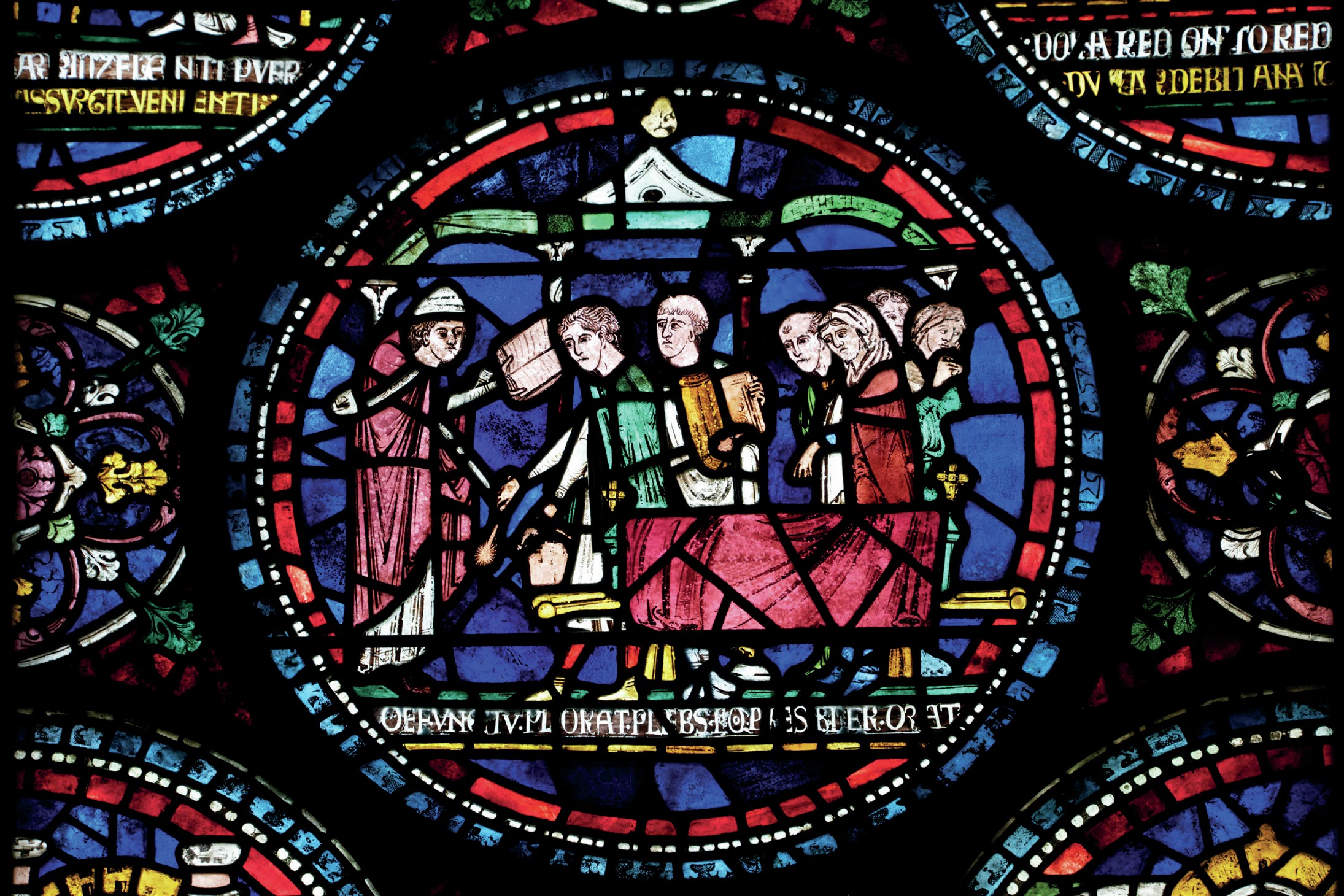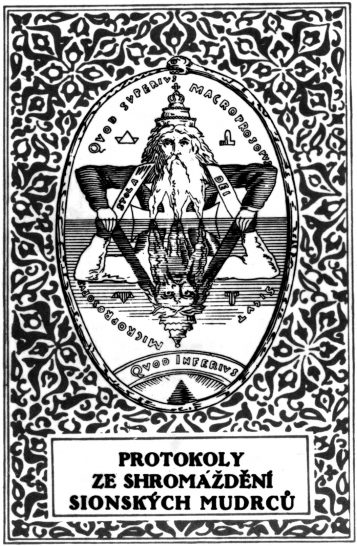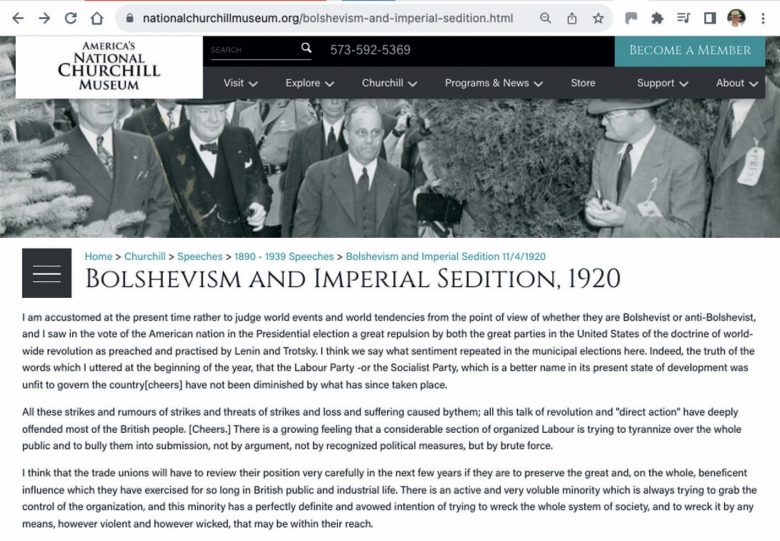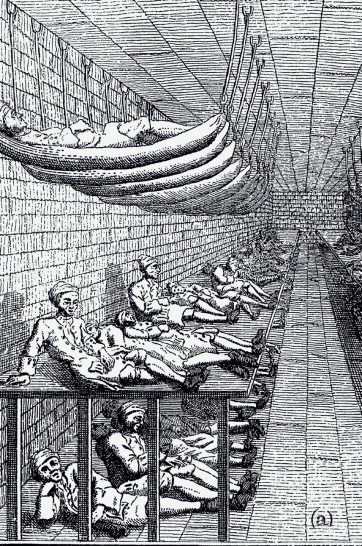
The Church was important in all aspects of life in medieval Britain. It had political authority, was wealthy and held great sway over the legal system. It also guided the development of medicine. This would seem natural, given references to Christ’s healing of the sick in the Bible. However, it has been suggested that the medieval Church hindered medical progress. Did the Church stimulate understanding of how to stay healthy and treat sickness or did it slow down the improvement of medical knowledge?
When the Roman empire collapsed, there was little stable or organised government left to take care of public health. The Roman Catholic Church became the most important authority. One way in which the Church can be seen to have slowed the development of medicine was in its spreading of the idea that ill health was a punishment from God.
Your organisation does not have access to this article.
Sign up today to give your students the edge they need to achieve their best grades with subject expertise
Subscribe




